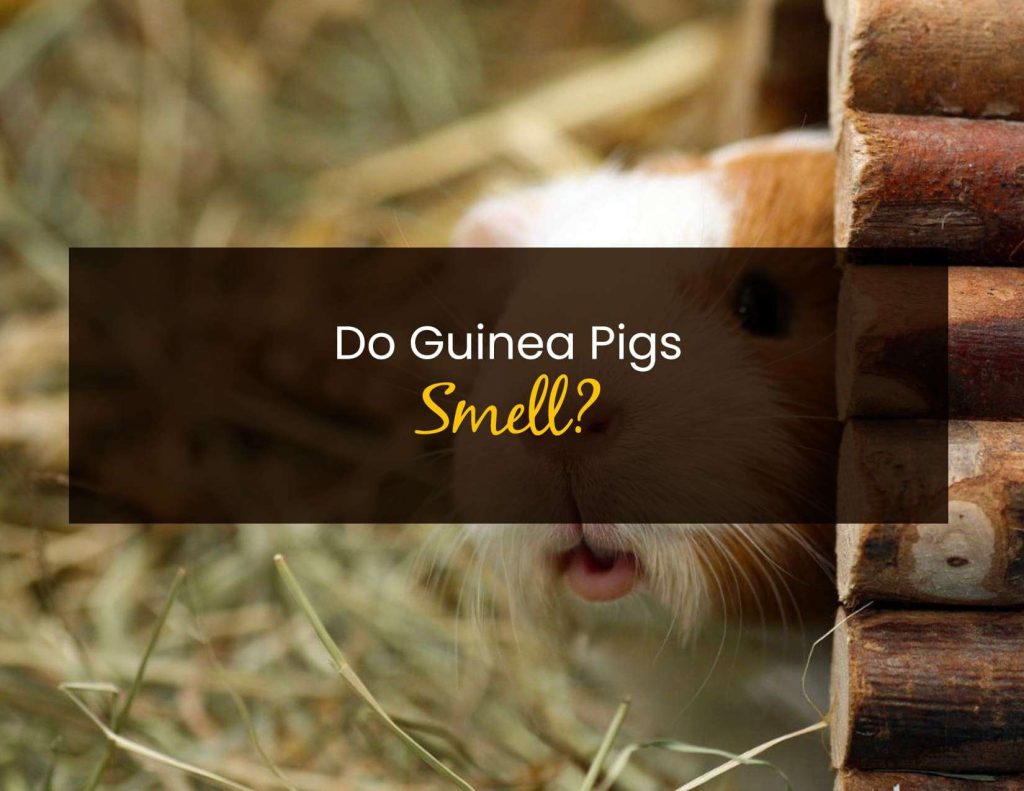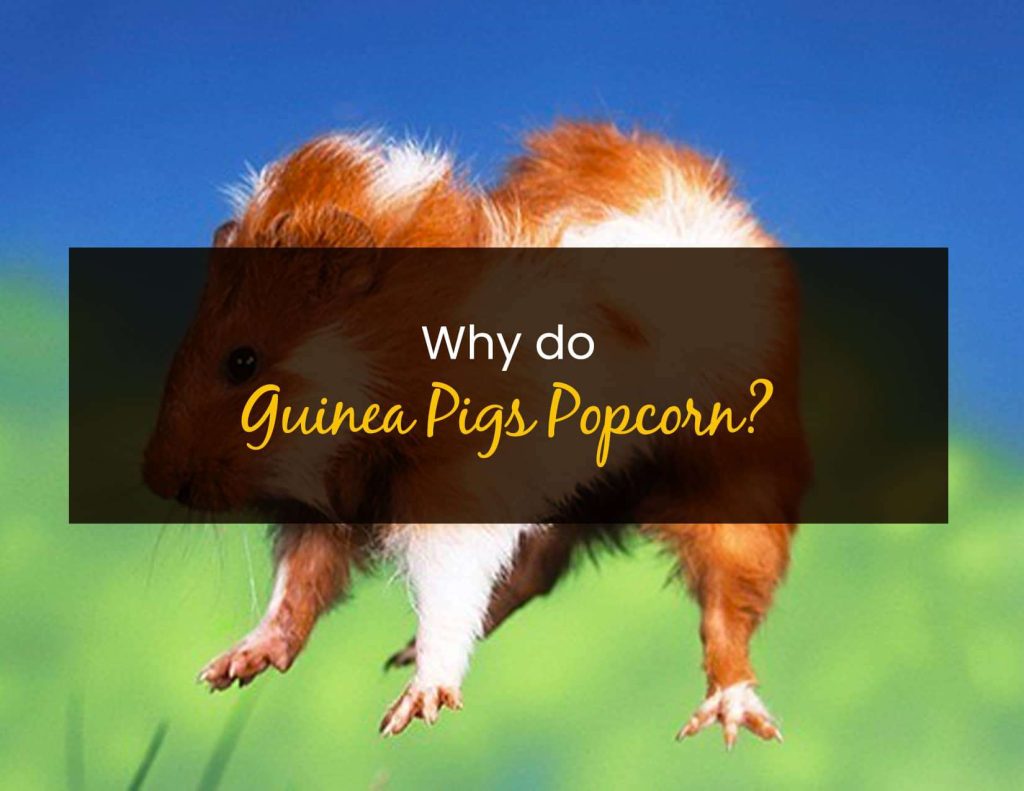Hamsters are nocturnal small little rodents that are popular domestic pets for children and adults. They have different types of breeds, but the most common domestic breeds areChinese,Dwarf, andSyrian. Their short tails and stubby legs make them different from other types of small rodents.Hamsters are omnivores which means they are very much like us: mixed diet of fruits, vegetables, and meat is required. Hamsters originated from dry places near desserts and it is important for domestic hamsters to have a similar diet with wild hamsters that usually eat grass, seeds, grains, and insects. However, choosing the best food choices for your hamster can be overwhelming as the decision doesn’t end with you giving them fresh fruits and vegetables. They have a high risk of heart diseases and diabetes that usually cause early death.The Best Food Option: The safest foods for domestic hamsters are pellets and muesli from pet stores. These hamster foods come in a lot of forms like a small biscuit or cereal and offer a complete balanced diet. Giving a lot of food options to your hamster can result to unbalanced diet as they have the tendency to be picky with food and pelleted diets prevent this from happening. As much as possible, choose the option that looks natural. Most likely, they have fewer additives compared to highly colored pellets.Fruits and Vegetables:On the other hand, letting a hamster eat pellets and muesli is very monotonous that hamsters may refuse them after some time. When this happens, you can try fruits and vegetables as long as the amount of human food you feed these tiny creatures is less than 10% of their total diet. Don’t forget that hamsters are small animals and a small cube of fruit is enough.

Here is a list of Fruits and Vegetables that are commonly being asked for Hamster Foods:
- Grapes: Ideally seedless grapes are best for Hamsters to avoid chocking
- Watermelon: Watermelon is great however too much watermelon can cause Diarrhea.
- Apple: The same with grapes, make sure to remove any large seed to avoid chocking.
- Carrots: Hamsters prefer carrots more than any other vegetable. It helps keep your hamster’s teeth nice and short. However, carrots are rich in sugar and too much intake may cause diabetes for your Hamster.
- Lettuce: Lettuce is safe for Hamster if taken moderately. Refrain from giving iceberg lettuce to your hamster as other types of lettuce contains more nutrition for your little pet.
- Celery: Make sure to remove the strings and cut the celery into smaller pieces before offering it to your pet. The string’s texture of celery can choke a hamster.
- Sweet Potato: Sweet potatoes are great for Hamster if proper preparation was made before feeding. The skin should be removed and washed as molds can flourish in the skin when eaten.
- Other fruits and vegetables that are safe for hamster to eat are: Broccoli, Cauliflower, Kale, Cucumbers. Bok Choy. Cherries, Strawberries. Raspberries, Peaches. Mango and Cantaloupe.
Meat and other food rich in protein:As mentioned above, hamsters will happily eat meat and all other food rich in protein. Wild hamsters often eat crickets, worms and other small insect as part of their diet. However, it is not recommended for Hamsters to eat meat every day, at most once a week.Here are some of the few meat/insect options you can choose from:
- Egg: Small chunk of boiled or omelet egg is good for Hamsters.
- Dried Crickets or Worms: Only if you are not too squeamish!
- Lean Chicken: Make sure they are cooked and unseasoned
- Tofu
Can Hamster eat this…Sweet treats? Store brought treats like honey sticks and yogurt drops are not recommended. Hamsters are prone to diabetes so you should be very prudent in avoiding sugar in their diet. If you can’t resist giving your hamster sweet treats, they usually prefer carrots more than other vegetables and fruits.Peanuts?A tiny amount of organic peanut butter with no salt, sugar or any flavorings can be enjoyed by your pet occasionally. This treat is rich in sugar content that can be fattening if fed regularly. Hamsters have the habit of storing food in their pouches which makes feeding them with peanut butter more dangerous as it may get stuck to their pouches.Almonds? If you are not really familiar with different types of Almonds, then better not feed your Hamster with any almonds. The unroasted bitter almonds contain cyanide and most almonds are high in fats that are dangerous for any type of Hamsters. However, few variations like almond sliver are fine for once a week treat.Bread? A small amount of bread as a snack can be served to your nocturnal little fellow every now and then. Hamsters specifically love whole grain bread. At all times, avoid white bread as they are high in sugar and only settle with brown bread. Make sure that the bread is not salted or seasoned before giving it to your pet.Cheese?Mild cheese and cottage cheese can be fed to your hamster in moderation. Cheese not only contains protein but also with a variety of multivitamins and minerals that are nutritious for hamsters. Just make sure that no cheese spoils in your hamster’s little home.Seeds?Hamsters are naturally seed munchers. They love working with the crunchy outer shells of seed that are not only enjoyable to them but also help keeps their teeth strong and healthy. Also, seeds are good source of healthy fats and vitamins, so it makes sense to add seeds in their diet.Hamster’s water intake: Hamsters usually need around 10ml of water every day. They usually drink water at night when they are most active so be sure to leave an ample amount of water before going to sleep. They are not comfortable drinking from a bowl like dogs and cats and prefer drinking from tubes like straw. The more active your pet, the more water they need.How much should a hamster eat? Syrian, dwarf and Chinese hamsters are only recommended to eat a total of 20g a day. It is highly recommended to feed them twice a day on a regular schedule. Checking your pet’s food store is a great way to know when you need to add food in the bowl. It’s a good idea to let the hamster eat most of the food in his store before giving them more. If your pet is getting big, this is a good indication that you are feeding your pet too much and you should cut their diet.Is it okay to Overfeed a hamster? Having a hamster to have cheek pouches full of food and still beg for more is like having a child asking for sweet during the night. They have that cute expression that makes it so hard to say no but you should. It is important not to overfeed your hamster. Obesity is very common with Hamster that leads to health complications and early death.What Can’t Hamster Eat?
- Sharp and Sticky Treats: Hamsters have a habit of stocking food in their cheek pouches. It can cause real damage for your pet if the sticky food gets stuck in their cheek pouches.
- Dark Chocolate: It contains theobromine which is toxic to hamsters.
- Garlic and Onions: You’re lucky if your hamster only gets indigestion for feeding them with these vegetables. Garlic and Onions may cause blood disorders to your furry friend.
- Potato, Potato Tops, Tomato and Tomato Leaves: These plants contain tomatine that is potentially toxic for hamsters.
- Citrus Fruits: They are high in acid which is not good for hamsters.
- Spicy and Seasoned Foods: Spicy foods are known to upset the intestinal tract of small animals such as hamsters and should be avoided at all times.
- Alcohol: Alcohol whether wine or beer has big potential for toxicity.
Few Keypoints:
- Feeding meat to your little pets does not increase the chances of them being cannibal to their own kind. Cannibalism between these little rodents is caused by an overcrowded and unclean environment. It is best to separate newborn hamsters with their parents to avoid them from eating their young ones.
- Hamsters have a very short lifespan, only 2-3 years as domestic pets. Observing a healthy diet for your little pet will extend their life compared to their average life span.
- Thoroughly wash your fresh treats (fruits and vegetables) before serving to avoid pesticide poisoning for your pet/s.
- Test the reaction of your pet for new treats before giving them loads of newly introduced food. It may take a few days for symptoms to show so don’t introduce more than one food at a time. A sudden change in the diet of your pet may cause stress
- Check your hamster’s cage every day for any remnant of food. Rotting fruits, vegetables and meat cause mold and bacteria that affect your pet’s health and performance.
- Change your pet’s water every day. Any dirt or leak will lead to contamination of water.
- Never feed your hamster manufactured foods like candy and confectioneries as an obscene amount of chemicals and additive are added to produce these types of food.
- Any unusual changes in your pet’s diet require a vet visit.










